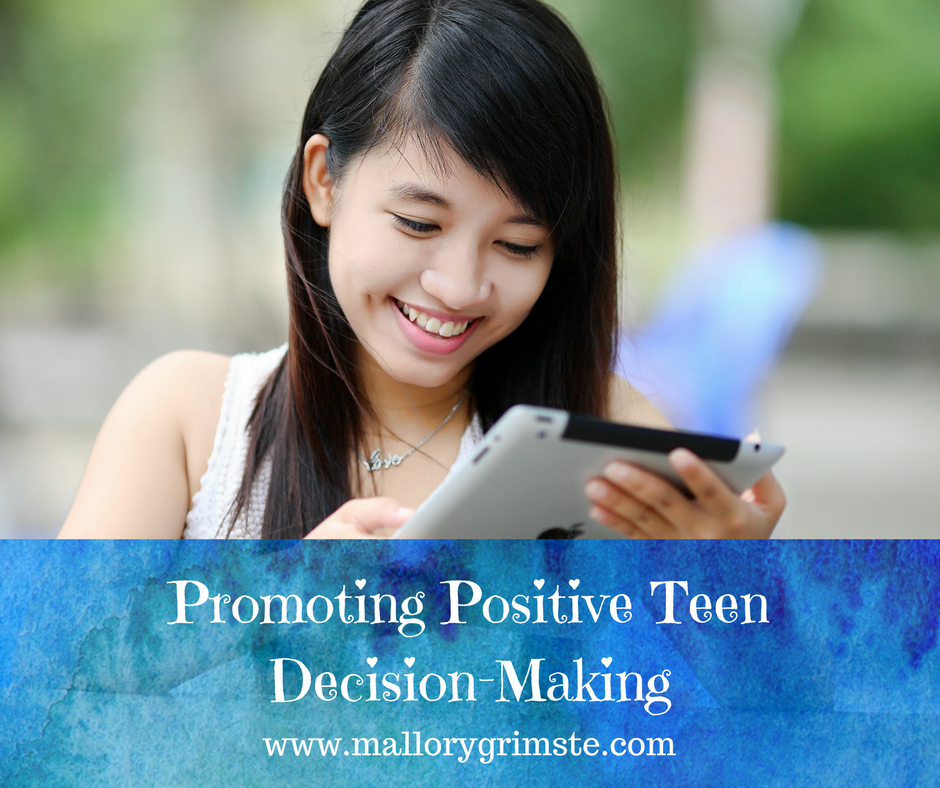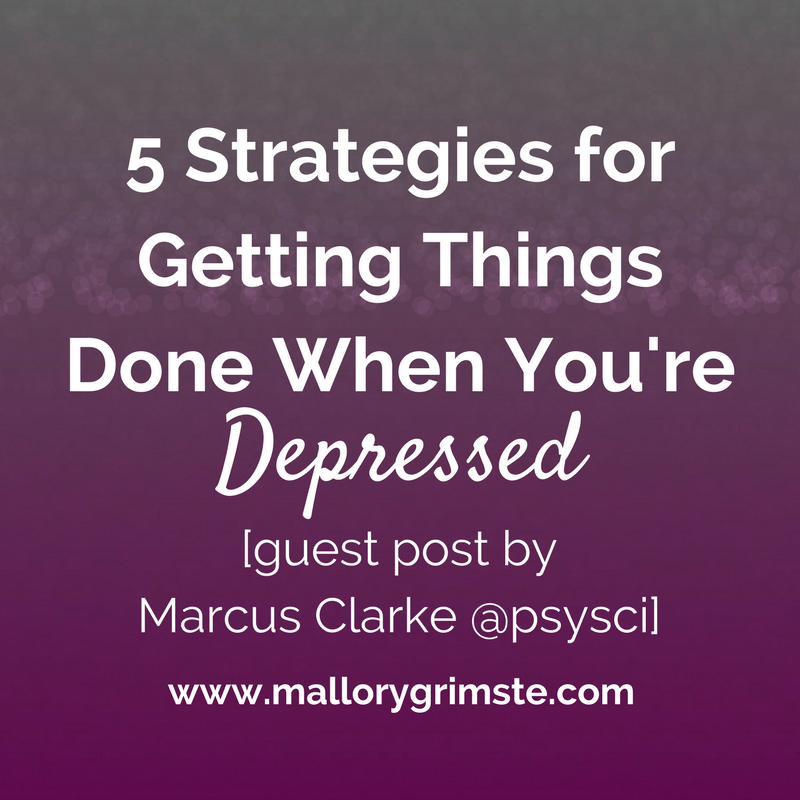Promoting Positive Teen Decision-Making
Does your teen constantly think they know more about life than you? Teen therapist Mallory Grimste shares how to Promote Positive Teen Decision-Making here…
Guest Post: 5 Strategies for Getting Things Done When You're Depressed by Marcus Clarke (psysci)
Marcus Clarke of psysci guest blogs for Mallory Grimste, LCSW about 5 strategies for getting things done when you're depressed.
Guest Post: Six Ways To Start Relaxing, Right Now And Without Anybody Knowing - guest blog by Sarah Jones (Relax Everyday)
Sarah Jones from Relax, Everyday shares 6 ways to relax right now, and without anybody knowing on mallorygrimste.com
Seven Ways for Teen Girls to Manage Strong Emotions [Podcast Interview]
Mallory talks about her love DBT (Dialectical Behavior Therapy) and how the acronym IMPROVE offers just 7 ways teen girls can manage strong emotions in Episode #51 of Launching Your Daughter Podcast. Be sure to listen to the whole episode for a free offering from Mallory to listeners of the show.
FAQs about Teen Girl Therapy Group
Mallory answers some FAQs about her Teen Girls Therapy Group. Know a teen girl suffering with depression, anxiety or low self-esteem? This weekly group is for her!
11 Subtle Signs of OCD that Everyone Should Know [Bustle]
Obsessive Compulsive Disorder (commonly referred to as OCD for short) can be a confusing disorder for those who don't understand it. This condition can be really stressful and overwhelming for those living with OCD.
How (Sincere) Compliments Can Help You Connect with Others [GoodTherapy]
For many people in therapy, forming connections with others is difficult. These four tips plus skills from a DBT module can help you get the most out of compliments. A Good Therapy Topic Expert Blog by Mallory Grimste, LCSW
7 Ways You Can IMPROVE the Moment (When Things Just Suck!)
Do you find it difficult to "move on" when things aren't the way they should be? These 7 skills can help you improve the moment when things just suck! Read more...
How to Host a Galentine's Day Celebration!
Celebrate positive female friendships by hosting your own Galentine's Day! I've outlined all the steps on my latest post for The Lady Project Blog.





![Seven Ways for Teen Girls to Manage Strong Emotions [Podcast Interview]](https://images.squarespace-cdn.com/content/v1/573fc8fb2b8dde2ec23f2c73/1493834497036-4ACVS5CBEOA0ZM6RKVB3/Seven+Ways+Teen+Girls+Can+Manage+Strong+Emotions.png)

![11 Subtle Signs of OCD that Everyone Should Know [Bustle]](https://images.squarespace-cdn.com/content/v1/573fc8fb2b8dde2ec23f2c73/1490150011359-NP78JMI16W877HY7SN4Z/11+subtle+signs+of+ocd+that+everyone+should+know+-+bustle+-+mallory+grimste.png)
![How (Sincere) Compliments Can Help You Connect with Others [GoodTherapy]](https://images.squarespace-cdn.com/content/v1/573fc8fb2b8dde2ec23f2c73/1490149532219-1TB8QZSDKR5UIA9EDF6K/How+Sincere+Compliments+Can+Help+You+Connect+With+Others+-+GoodTherapy+-+Mallory+Grimste.png)

